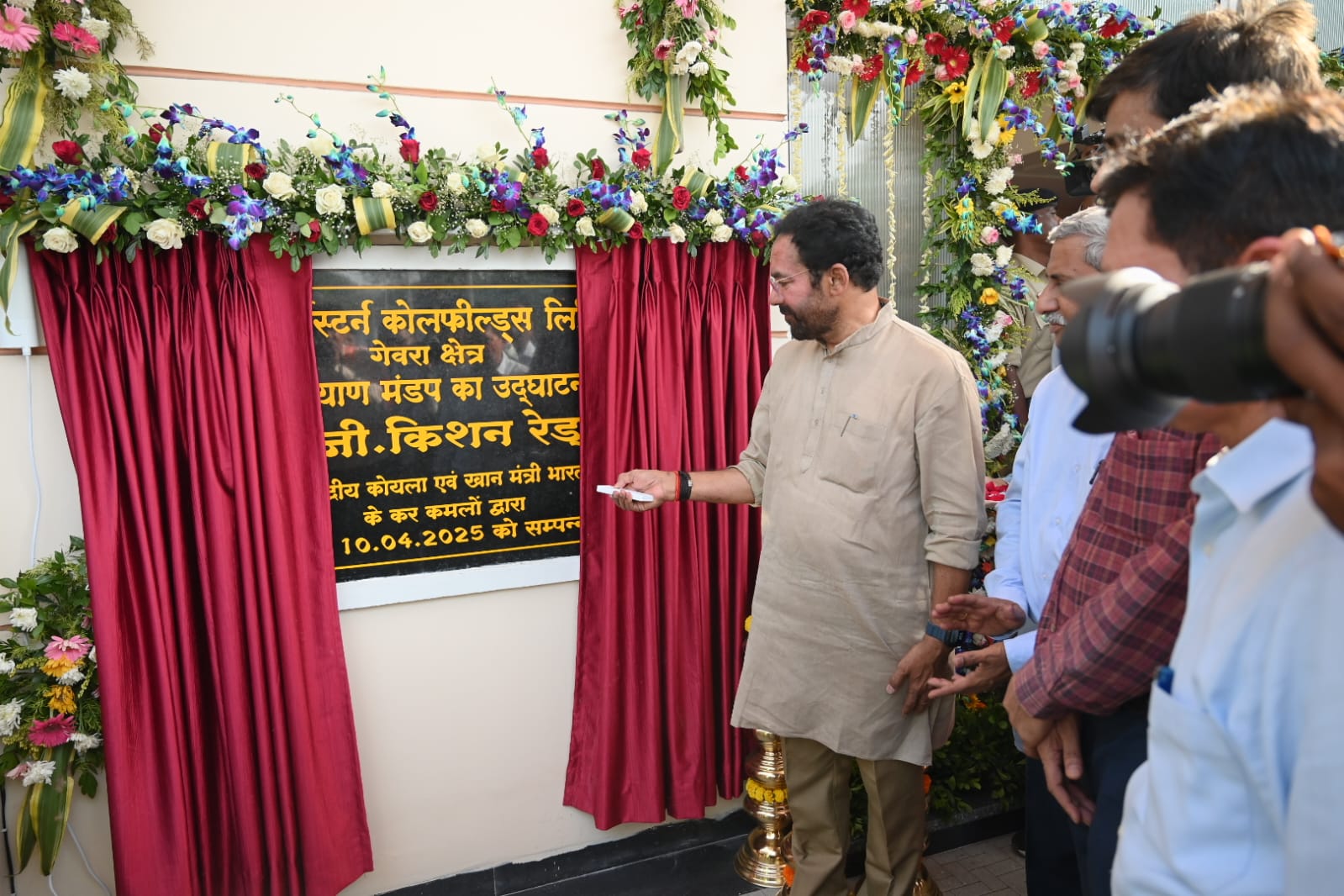Even today, journalism still serves as a primary source of information for the public. – Bernama photoCAN you find a job in Sarawak if you study journalism?That’s the comment I always hear from concerned parents when their kids want to pursue a degree in media and communications.I won’t say journalism is in crisis, but I prefer to address the issue as the competition has increased, journalists have to do multimedia reporting and publishing, and adopt new digital skills.
By studying journalism, we learn how to write and edit, craft content for specific audiences, produce documentaries and podcasts, work with deadlines, analyse and visualise data, and, most importantly, equip ourselves with strong professional and interpersonal communication skills.Even today, journalism still serves as a primary source of information for the public.Journalists keep people informed through the narratives that they write.

The only thing that changes is the practice and tools that they use.Digital journalists write blogs to provide insights, use social media to engage audiences on live streaming, and actively use mobile phones to capture news stories.Journalism graduates can choose various career options besides traditional roles such as reporters and news anchors.
Based on the insights from the Malaysian Institute of Labour Market Information and Analysis (ILMIA), the career progress for journalism students comprises social media strategist/analyst, content curator/creator, podcaster/curator, Key Opinion Leader (KOL), data writer, and mediator/negotiator.Journalism graduates can choose various career options besides traditional roles such as reporters and news anchors.When digital journalism meets data managementDigital journalism can be defined as the networked production, distribution, and consumption of information.
It is a transformed social practice of news selection, interpretation, and editing.Digital journalists’ role is distributing perceived public interest to diverse audiences in specific but constantly changing genres and formats.Drawing on this definition, data and interactive journalism are the two emerging forms in the digital era.
Literally, data journalism sees spreadsheets as digitised information and complements narratives with visualised infographics, while interactive journalism encourages the audience to participate in the news-making process.Both terms sound trendy, but nonetheless, they are just another way of describing journalism in the digital world.Data management is crucial for journalists.
Journalists can use data analytics and visualisation to create news stories through appealing visuals to engage and empower the audience.For example, the Sarawak Data website has provided publicly open government datasets that are free for research and analysis.With proper data management and reliable sources, journalists will be able to present accurate information and in-depth reporting.
With proper data management and reliable sources, journalists will be able to present accurate information and in-depth reporting.Journalism goes hand in hand with technological advancements, especially artificial intelligence (AI).AI has fundamentally altered the role of journalism and digital storytelling.
Journalists can use AI to handle vast amounts of data, extract valuable insights to address complex issues such as education, economy, health, and security.Based on the data and social trends, journalists choose topics to cover, how to report on them, and discuss them after reporting.This leads to more personalised content for the readers.
To encourage good quality journalism, the Sarawak government has provided Kenyalang Journalism Awards and Premier Special Awards during the state-level National Journalists’ Day (Hawana) celebrations to recognise outstanding journalistic work.They have also sponsored reporters to Cambridge University to participate in an exclusive executive journalism programme that focuses on broadening participants’ perspectives, enhancing data management skills, and equipping them with insights into global trends.Finally, back to the question: can we find a job if we study journalism in Sarawak?I would say opportunities are everywhere; it’s all about being ready to seize them when they arise.
Journalism has transformed, and we have to unlearn and relearn what we know about journalism.Journalists have to combine traditional journalistic skills with data analysis techniques to bring stories to life.As a media and communication lecturer, I am optimistic about journalism’s role in the digital age and its adaptive future.
> The opinions expressed in this article are the author’s own and do not necessarily reflect the view of Swinburne University of Technology Sarawak Campus. Dr Ngu is a senior lecturer and head of the Department of Media and Communication at Swinburne University of Technology Sarawak Campus.The post Rethinking journalism in the digital age appeared first on Borneo Post Online.
.
Top

Rethinking journalism in the digital age

CAN you find a job in Sarawak if you study journalism? That’s the comment I always hear from concerned parents when their kids want to pursue a degree in media and communications. I won’t say journalism is in crisis, but I prefer to address the issue as the competition has increased, journalists have to do [...]The post Rethinking journalism in the digital age appeared first on Borneo Post Online.











